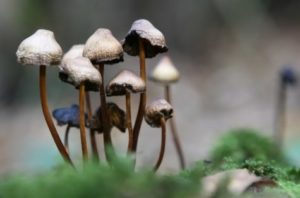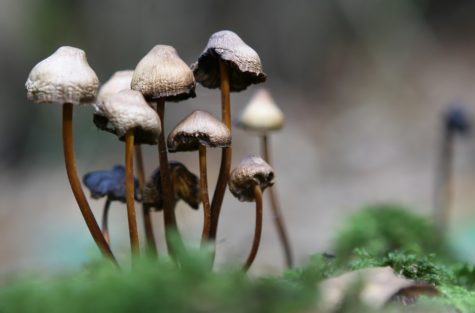TUSCALOOSA, Ala. — A new study has added to the growing body of evidence that psychedelic drugs can reduce antisocial criminal behavior.
The study was based on a drug use survey by the U.S. Department of Health and Human Services. Analyzing data from more than 480,000 respondents over a 13 year period, the researchers found those who had used psychedelic drugs were 27 percent less likely to commit theft and 22 percent less likely to be arrested for violent crime.

The University of Alabama’s Peter Hendricks, the lead author of the study, says the findings point to a need for further study into the potential of therapeutic use of psychedelics.
“The development of innovative and effective interventions to prevent criminal behaviour is an obvious priority,” says Hendricks in a press release. “Our findings suggest the protective effects of classic psychedelic use are attributable to genuine reductions in antisocial behaviour rather than reflecting improved evasion of arrest. Simply put, the positive effects associated with classic psychedelic use appear to be reliable. Given the costs of criminal behaviour, the potential represented by this treatment paradigm is significant.”
With their study and other research showing that psilocybin (usually derived from “magic mushrooms”) and related compounds could “revolutionize the mental health field,” the researchers say they are continuing progress that was cut short by drug laws.
Co-author Zach Walsh, an associate psychology professor at the University of British Columbia, says benefits of psychedelic drugs in treating mental illness were first discovered decades ago. But, in the mid-1970s, most psychedelics were reclassified as controlled substances and research was halted for the most part.
Walsh says it is only in recent years that scientific research into psychedelic medicine has really started back up.
“More research is needed to figure out what factors underlie these effects,” he explains. “But the experiences of unity, positivity and transcendence that characterize the psychedelic experience may have lasting benefits that translate into real-world consequences.”
Indeed other leading research universities, such as Johns Hopkins and University of Basel in Switzerland, have been conducting extremely promising research on the potential therapeutic effects of psychedelics.
The study out of Basel showed that LSD can reduce negative emotions, such as fear, in the brain — indicating potential uses for the drug in treating depression and anxiety.
The findings by Hendrix, Walsh, and fellow researchers were published this month in a paper the Journal of Psychopharmacology.

Except when using the drugs is illegal.
And buying and selling them is illegal!